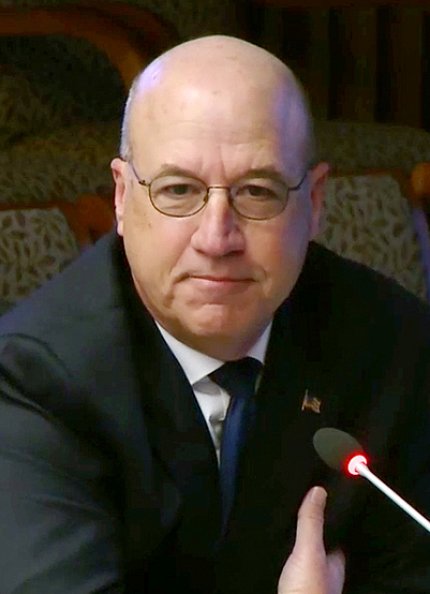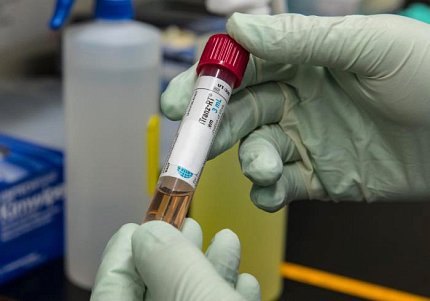CC Offers Asymptomatic Testing for SARS-CoV-2 to NIH Staff

The Clinical Center is now offering asymptomatic testing for SARS-CoV-2 to all staff, including those who are not yet eligible to return to their physical workspaces. Although the program is voluntary, employees are strongly encouraged to participate.
“The main purpose of the testing program is surveillance,” said CC CEO Dr. James Gilman. “With surveillance, the more you test, the more data you have and can figure out what’s going on in the hospital.”
The CC’s department of laboratory medicine has the capacity to conduct 5,000 tests per week but is currently conducting only 1,000 to 2,000 per week. Most CC staff have been tested, on average, 3 times over the past few months.
“We have a lot of unused capacity,” Gilman said.
As the CC gets busier and accepts more patients, testing helps to ensure the safety of both patients and staff. Patients don’t have to worry about contracting a virus after they’re admitted to the hospital. Staff don’t have to worry about getting sick at work.
Asymptomatic testing helps identify people who have Covid-19 but aren’t presenting symptoms. “If we find people who are infected and send them home, we decrease the likelihood they will infect someone else,” Gilman said.
Since the testing program began in late May, he noted, “We’ve had no incidents to date of Covid-19 transmission from staff to patients.” The CC has also helped to develop testing programs for staff at NIEHS in Research Triangle Park, N.C., NIDA and NIA in Baltimore, NIAID in Hamilton, Mont., and NIDDK in Phoenix, Ariz.
Testing for SARS-CoV-2 involves a traditional nasopharyngeal swab, which looks like a 6-inch Q-tip. The swab is inserted through the nose to the back of the throat, rotated several times and left in place for 10-15 seconds.
“Psychologically, having your mid-turbinate area swabbed seems to bother people,” said Gilman, who gets tested weekly.
To increase participation, the CC now offers Covid-19 saliva tests. “We hope that will increase the acceptance of testing, which will increase the number of people who get tested and the frequency with which people are willing to get tested,” he added.
In addition to surveillance testing, the CC has taken other infection control measures to prevent the spread of Covid-19. Staff stay at least 6 feet away from each other, wash their hands often, don’t attend large meetings and stay home if they are sick. All patients and visitors are screened for symptoms at the hospital entrance.

Photo: CDC/James Gathany
“From our perspective, not enough staff are volunteering to get tested. We really want more people to take advantage,” Gilman concluded. “We encourage staff to get tested every week.”
To sign up for asymptomatic testing for SARS-CoV-2, NIH’ers can visit https://clinweb.cc.nih.gov/cct. Those who sign up must go in either the CC’s north or south entrance. Upon entry, staff will be temperature-screened and given a surgical mask, which must be worn at all times. They should then proceed directly to the 5th floor atrium area to check in for the test.
